Low Calorie Diets and Metabolic Adaptation
Did you read in the Herald Sun over the weekend about Eddie McGuire’s drastic weight loss plan?
The Sun revealed McGuire drank just three cups of herbal tonic tea in place of meals for two weeks. Zero food for two whole weeks. In the third week, he introduced half a cucumber (yes, I wrote that correctly) and a meagre 50g serve of chicken into his daily meal plan.
This is all part of a “gentle, intuitive approach using Chinese herbs and remedies” practised by Dr Shuquan Liu. To me, this is everything BUT gentle and intuitive.
McGuire has lost 15kg so far. Whilst this is an amazing effort, there are a lot of other things that are at play here, including fluid loss, clearing of the bowels (which can store up to 3-4kg of waste) as well as a loss of lean muscle mass. More on that in a second though.
I actually have a big problem with McGuire’s public promotion of his weight loss methods. If not eating any food for a few weeks is Eddie’s way to “kick start” a new lifestyle and healthy eating plan, then I respect that is Eddie’s personal choice. But for someone of his media status and following, I would prefer he keeps his drastic methods to himself.
There are a couple of reasons why I DO NOT advocate this sort of method for weight loss.
1. It is not sustainable
Funnily enough, eating next to no food is not an effective long-term plan. Given this is not a sustainable approach and lifestyle changes have not been addressed, what will happen when McGuire returns to eating food again? Will his diet be filled with lots of green leafy vegetables, good quality protein and healthy fats, with minimal processed sugar, less alcohol and more movement or exercise? I hope so!
2. Muscle Loss and decreased metabolism
With a drastic cut in calories comes fluid loss as well as a breakdown in lean muscle. This leads to a decrease in resting metabolic rate, meaning subsequent ‘rebound’ weight gain once more calories are reintroduced.
For the nutrition nerds….
Very low calorie diets leads to metabolic adaptation. Let me explain.
In science, it is hypothesised that your body has a‘set point’ or settling point. This is a weight where the body is most comfortable, a homeostatic balance that your body will fight to maintain. The best analogy for this is to imagine your body is like a thermostat. Once it is set to a certain temperature, or in this case, body weight, your body will always fight to maintain it’s natural ‘set point’, despite calorie deficits or surpluses.
So, when you drastically cut calories, the initial weight loss happens, but your body automatically decreases its metabolism to ensure it will instantly regain weight as fast as possible once food becomes available again. This is what most people know as the ‘rebound’ effect but is really just a natural survival mechanism.
Other physiological processes also occur during this extreme calorie deficit, such as:
- a drastic decrease in sex hormones and metabolic hormones, leaving you with low levels of leptin, ghrelin and testosterone.
- Thyroid output is reduced
- NEAT (non exercise activity thermogenesis) is reduced. This basically means you burn LESS calories during simple activities like walking
- Some studies show rates of depression may also increase with prolonged periods of underfeeding (The Minnesota Starvation Study)
Basically, extremely low calorie diets are not good news!
For effective weight loss, it’s important to reduce calories gradually, alternating with days or weeks that just focus on calorie/weight maintenance to avoid metabolic adaptation and all of the above effects.
I understand it is not easy for very busy professionals like McGuire to lose weight. But for any sort of sustainable weight loss, health and fitness must become a priority in one’s life. Eddie’s decision shows us that he hasn’t made his health a priority but simply decided to starve himself for three weeks, making no long-term changes at all.
For effective, sustainable weight loss, small changes, one at a time, is key. Do not overwhelm yourself with a huge overhaul or starving yourself with crash diets. Choose one new habit to implement and absolutely nail it over a period of time, say 2-4 weeks. It might be choosing to have a high protein breakfast such as eggs instead of toast or cereal in the morning, to add more leafy green vegetables to your lunch or dinner or to simply drink more water (a key component to weight loss). Once this new change becomes second nature and is simply part of your lifestyle, move on to the next one.
Whilst you may not get the dramatic weight loss initially, you can absolutely bet you will keep the weight off long term, be a lot healthier and have more energy to show for it!
I really do applaud Eddie for doing something about his weight, I just hope he makes some sensible nutrition and lifestyle changes from here on for healthy, sustainable weight loss and maintenance. Eddie, please don’t end up like Oprah Winfrey or Magda Szubanski, who made their drastic diets and weight loss program very public, only to regain the weight, plus some, not long after.
I guess we will have to watch this space!

